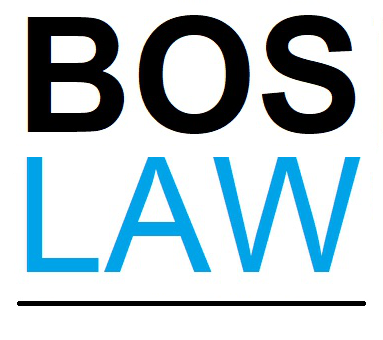TRADE SECRET
I can keep a secret; what’s the big deal?
Well, that’s a decent start, but it isn’t the protection you need. Most states, including Washington, provide for statutory protection against “misappropriation” of “trade secrets” by “improper means” when the claim is within the “statute of limitations.” And in 2016 the Defense of Trade Secrets Act provided for a federal cause of action (i.e. reason to be in court). So what’s with all the quotes?! These terms and many others have particular meanings and they must be understood. Chat with me if you want to talk this through, or read on to Learn Even More.
So, that’s a “no” to just keeping my mouth shut?
Correct. Mostly because of the regular need to share some, most, or all of that information just to get work done. Employees may need to follow the process; suppliers may need particular specs to give you what you need; financing could hinge on providing a viable business plan that may need to disclose what you mean to do.
How can it be a trade secret if I have to tell people?
This is where the “reasonable steps” come in. Steps like restricting access to information; sharing the minimum amount necessary to make things function; using well drafted agreements that preclude sharing by other parties, etc. This is what non-disclosure agreements are for. All employees, suppliers, contractors, etc. must be NDA’d. Are you working with an out of country party? You will need to tailor your documents to suit. For example, a common document used with Chinese partners is a non-disclosure, non-compete, non-circumvent (aka, an NNN); it’s just a different legal environment. As a practical matter, if the steps are robust enough the trade secret is intact. In the courts this needs to be analyzed, so you must do the best you can under the circumstances.
How do I know if I HAVE a trade secret?
This starts with the definition. Here’s the the DTSA version. Washington adopted the Uniform Trade Secrets Act in 1982 and the definitions are not identical, but similar. In very broad strokes it is information that you know, that you’ve taken reasonable steps to keep secret, and that, “‘…derives independent economic value, actual or potential, from not being generally known to, and not being readily ascertainable through proper means by, another person who can obtain economic value from the disclosure or use of the information…” 18 U.S.C. § 1839(3) as amended by § 2(b)(1) of the DTSA. I’ve just pasted that last bit in there to show that many things need to be true for you to have a defendable trade secret.
So, it’s not a patent?
No. But that’s a good thought. Think of a patent as a constitutionally granted monopoly, for a fixed number of years, for some process, invention, etc. that you create IN EXCHANGE for telling everyone about it. See the difference? If you share, no trade secret. If you don’t share, no patent. (PLEASE don’t talk to anyone about your invention without getting legal support first. You can inadvertently trigger statutory timelines that can keep you from getting a patent. See 35 U.S. Code § 102)
How do you decide about a trade secret vs a patent?
Well, there are trade offs. If I can “reverse engineer” your trade secret it would be difficult for you to stop me from using it. With a patent, you have the right to stop people from practicing it, at least for a while. This question could depend on how well your secret information matches the definition. So there may be legal reasons why you could take one approach but not the other.
Employees we hire often come from other companies. Do we have exposure?
Certainly possible. Keeping your trade secret safe is important; not violating someone else’s is also important. There are ways to help yourself reduce this exposure such as having clear and shared policies against using intellectual property that doesn’t belong to the company, clear steps for what to do if an employee thinks this may be a problem; and employee offer letters and onboarding documents that provide clear instruction and guidance to new employees. (Oh, and termination documents should be similarly clear, right?!) Ask if the potential employee is under any restrictive covenants get a copy of that document and have it evaluated by an attorney. (Let’s chat) This may be the best hire the company has ever made, but you need to know how risky it is!

